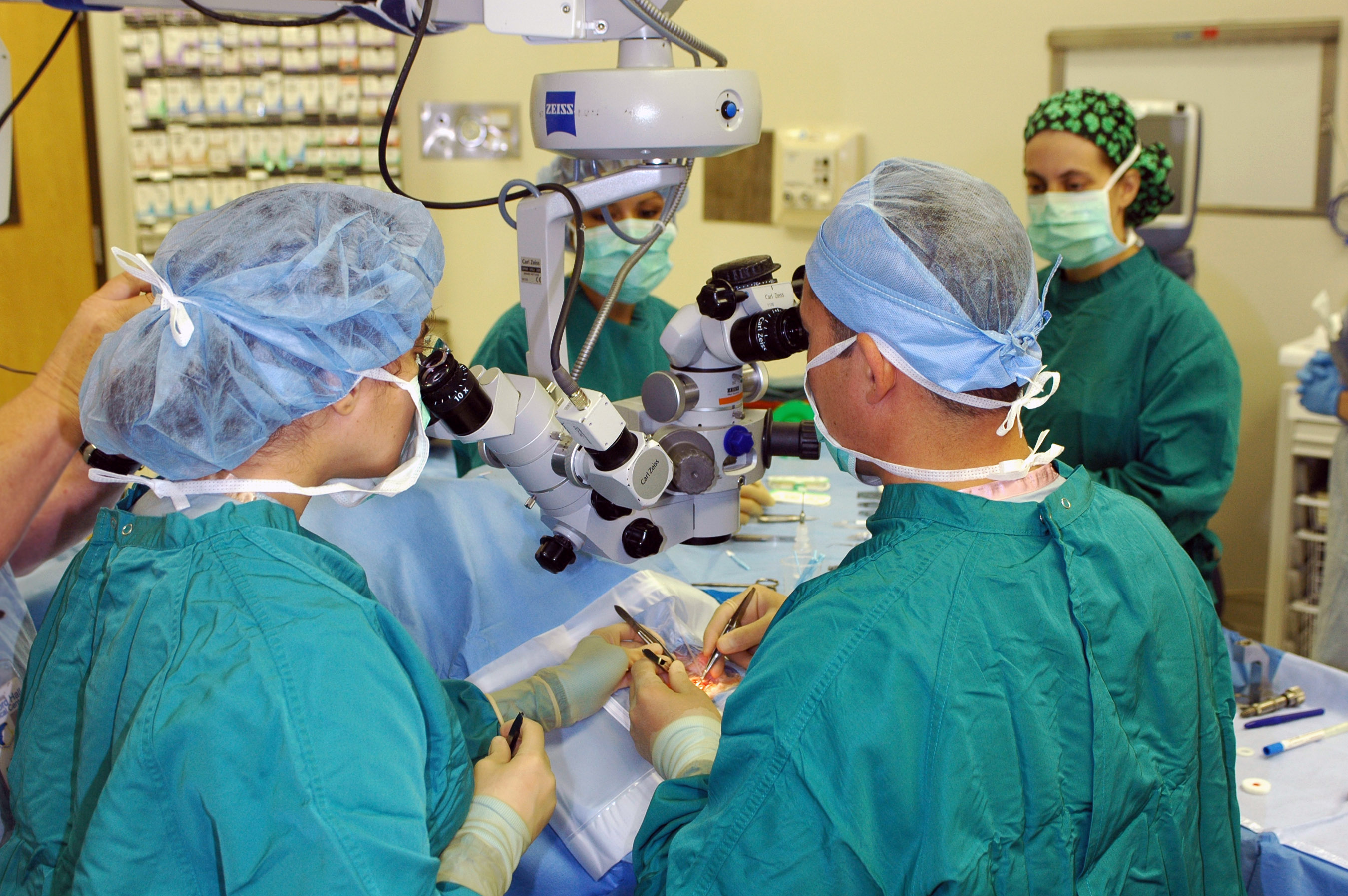Views expressed in opinion columns are the author’s own.
When news first broke about New York University’s decision to make tuition free for all its medical school students, I was thrilled. The thought of free tuition becoming a trend gives me hope, as someone who wants to go into the medical field. NYU’s tuition for undergraduates is about $52,000 annually, with room and board fees of about $18,000. Although the new plan does not cover room and board, waiving tuition dramatically decreases the cost of attending one of the country’s top medical schools.
The motivation behind NYU’s decision is two-fold: to incentivize more people to choose lower-paying fields like pediatrics and primary care, and to lessen the financial burden that deters some talented students from choosing a career in medicine.
[Read more: Hogan’s support for tuition-free college is good, but it’s not enough]
An analysis by The Annals of Family Medicine found a correlation between student debt and the medical specialty they choose. For students from public medical schools — especially those who come from lower-income families — a high debt appeared to discourage them from choosing primary care, though this trend didn’t seem to influence private school students as much.
The study conceded that “reducing debt of selected medical students may be effective in promoting a larger primary care physician workforce.” And NYU isn’t choosing a select set of students to help out. All medical students, regardless of their financial need or what specialty they choose, will benefit from free tuition.
After getting over my initial excitement, I started thinking about some of the potential pitfalls to NYU’s plan. Paying every student’s bill is not a guarantee that more doctors will choose primary care over more lucrative specialties. By offering this money without any catch, it appears as though NYU is wishfully thinking that the shortage of primary care physicians will be cured.
Still, despite the imperfections in its plan, I applaud NYU for its effort to reduce the burden on its medical students. When a person chooses to become a doctor, they choose a lifetime of service to others. Students shouldn’t have to sacrifice their talents and desire to make a difference in the community because of the mountain of debt that comes with being a medical school graduate.
However, if NYU wants to address the shortages of primary care doctors, their plan to reduce the costs of medical school should be tailored toward people who are going to be in that specific field.
[Read more: Let’s make in-state tuition free in Maryland]
Medical schools could mimic programs such as the National Health Services Corps Loan Repayment Programs, which reward primary care physicians who work in underserved areas by providing funds for student debt. A focused solution like this one would motivate more people to choose primary care; this would in turn benefit both the public and students who come from lower income families and have doubts about joining the medical field at all.
I hope that eventually more schools try to tackle the problem of overwhelming debt like NYU is attempting. Since the plan was just recently announced, it will take time for us to see if the plan is successful in churning out doctors who specialize in lower-paid fields. Until then, we’ll just have to wait.
Asha Kodan is a junior biology major. She can be reached at ashakodan@ymail.com.



